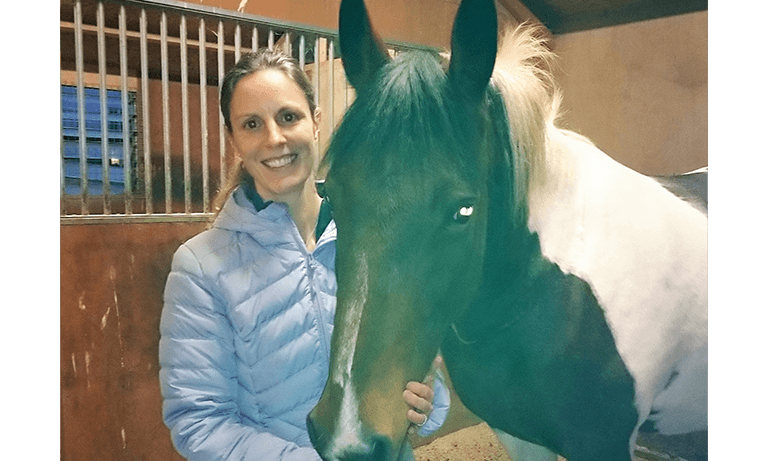Brucella canis: what vets need to know
14 Feb 2024
29 Mar 2021 | Kirstie Pickles
The added stress of the pandemic has meant many of us needed to find and use coping strategies over the past year. As restrictions are starting to lift across the UK, Kirstie Pickles tells us why it’s a good time to check we’re still using good strategies, and think about new ones we could try.

What are your coping strategies? What do you turn to if it has been a rough day? Call a friend, play sports, eat chocolate, walk the dog?
I like to go for a ‘decompression run’ but, if I’ve had a really bad day, you’ll find me hunting in the freezer for chocolate ice cream! I like to think that these are healthy coping strategies, but I am only too aware how these can slide into something more insidious.
The added stress of the pandemic has meant many of us needed to find and use coping strategies over the past year. Worryingly, there have been widespread media reports that alcohol consumption increased during the Covid-19 pandemic, backed up by data from the Office for National Statistics showing a 30% increase in alcohol sales in the first month of lockdown1, and studies showing that this increased alcohol consumption was associated with poor overall mental health, increased depressive symptoms and lower mental wellbeing2.
The relaxant effect of alcohol has always been helpful to me socially as I am autistic, so I know how easy it is to rely on this. However, when I started having a glass, which rapidly became a bottle, of wine every night to numb the emotional overwhelm of the day, I (eventually) realised this had become the opposite of a coping strategy, and it took even longer to address it.
I still struggle with emotional overwhelm but now try to choose healthier ways to cope. Sometimes that is going to bed at 8pm, other times I might try going for a dog walk or talking to a friend, but it can be very hard to engage with other people when feeling this way. I am lucky to have supportive family and friends around me who recognise these moments and accept them, and my coping strategies, without question.
We all have default ‘go to’ strategies to try and cheer ourselves up and the psychology of this is rather interesting. For example, if you were comforted by sugary treats as a young child, the likelihood is that this is what you will choose as an adult to self-soothe. It is also recognised that some people are more prone to addictive behaviours than others. Genetics, social and cultural factors, as well as co-existing mental health disorders, can all increase the likelihood of becoming dependent on that dopamine hit from your reward centre.
Some coping strategies are obviously healthier than others, but even healthy coping mechanisms, like going for a run, can become extreme. Now I no longer drink alcohol, I know I can veer towards excessive running at times of great stress. Whilst this may seem unfathomable to some, it provides a dopamine hit, and just as comfort eating can lead to food addiction and obesity, running (or other exercise) can morph into a compulsive need too.
As we hopefully approach the easing of restrictions, it’s a good time to check in and look at the coping strategies used by yourself, and friends and family, over the last year. It’s also a great time to consider trying something new, or getting back to something you once enjoyed.
For advice and ideas on new coping strategies, I recommend the Vetlife website or Mind. If you need to talk about any factors raised in this blog, Vetlife is available 24 hours a day on 0303 040 2551
References
Get tailored news in your inbox and online, plus access to our journals, resources and support services, join the BVA.
Join Us Today